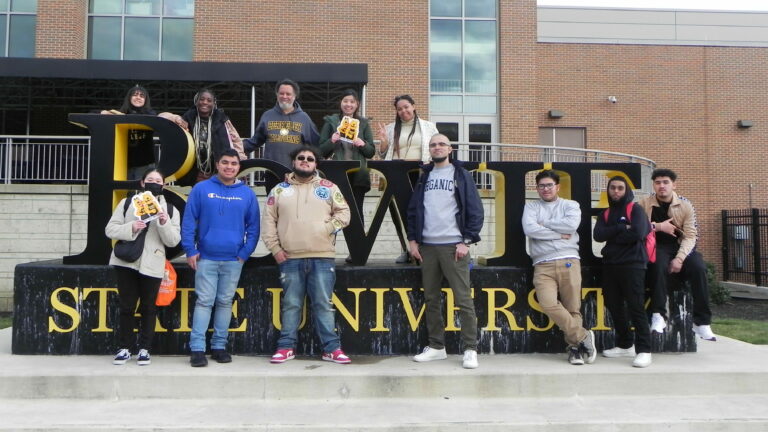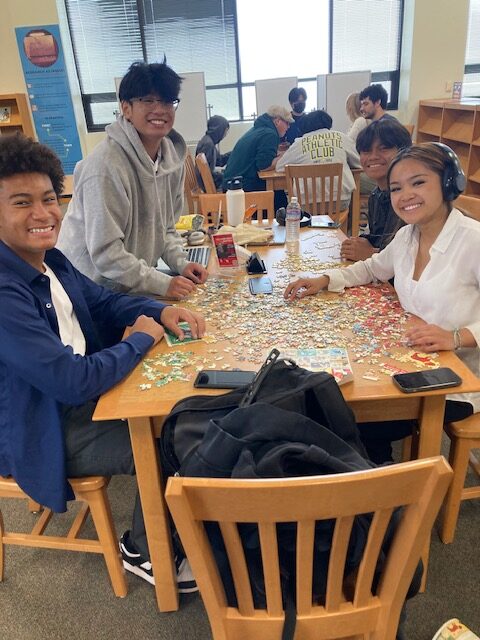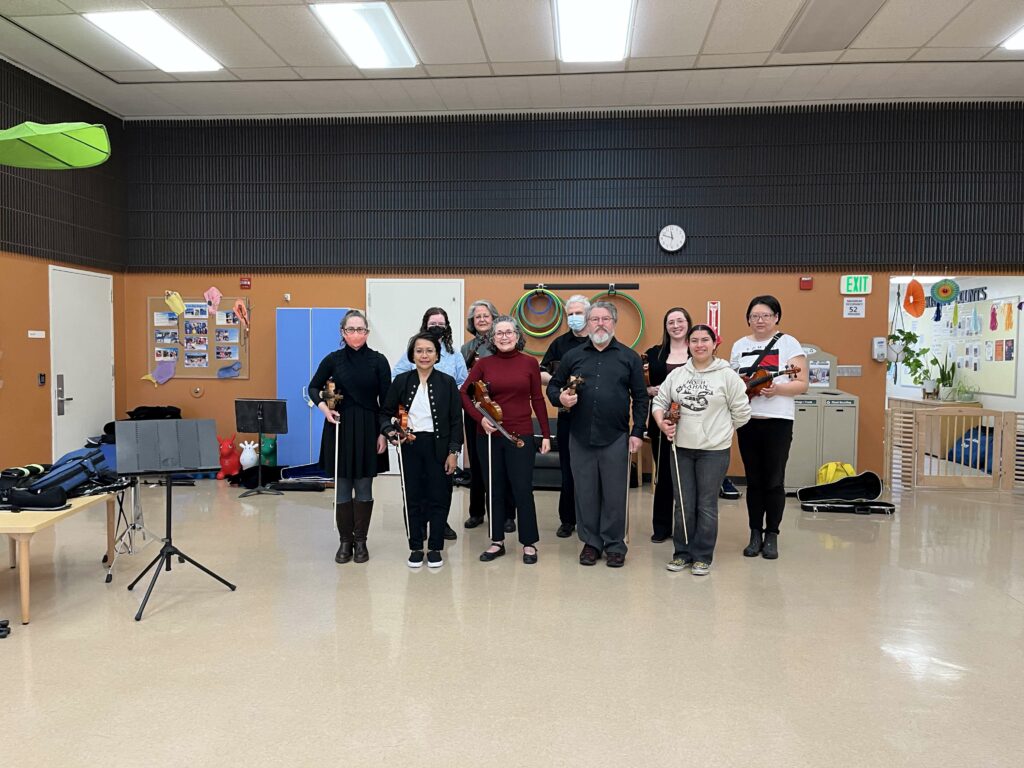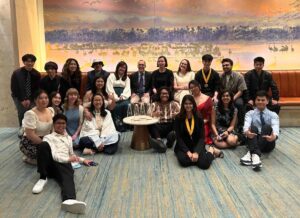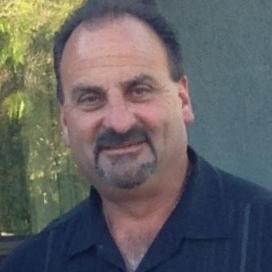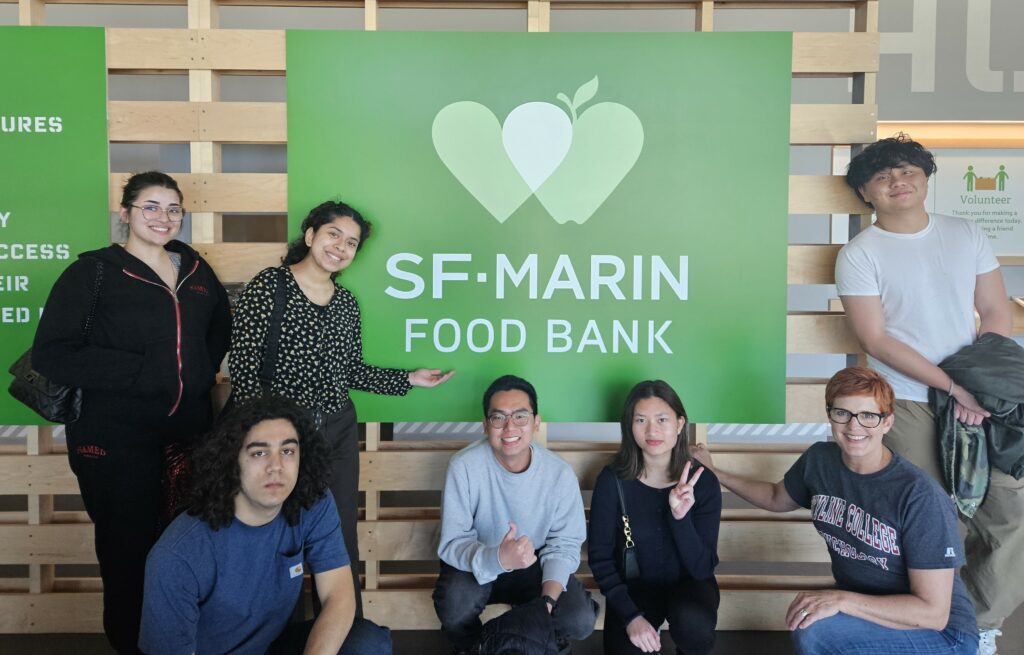This year, over spring break, ten Skyline College students were selected to attend a...
Day: May 26, 2023
For students, May is the month to pull all-nighters and write papers or cram...
Skyline students Leonardo Calle, Emanuel Gonzalez and Aaron Torres Mendoza were part of the...
After a Fall 2022 semester marked by travel to the 2022 APS DNP Conference...
The CTTL and the Puente Learning Community were honored to host a Spring 2023...
On May 4, 2023 students from the Music Department’s Violin/Viola class performed at the...
This past year MESA hosted a series of engaging and lively STEM Club Boba...

